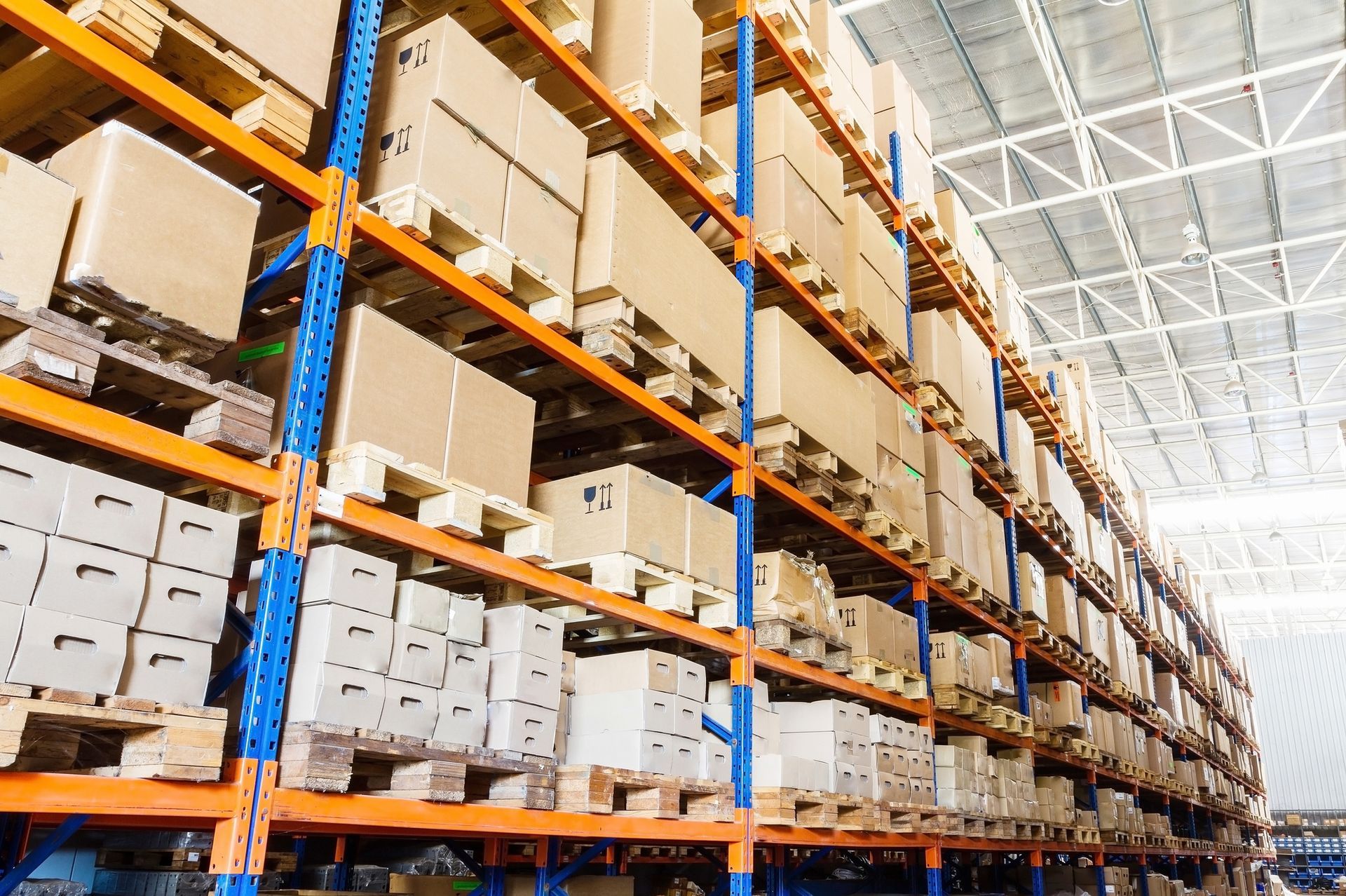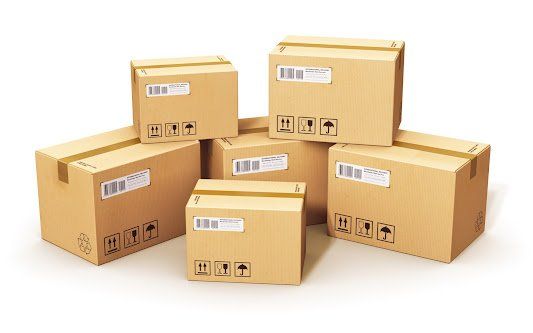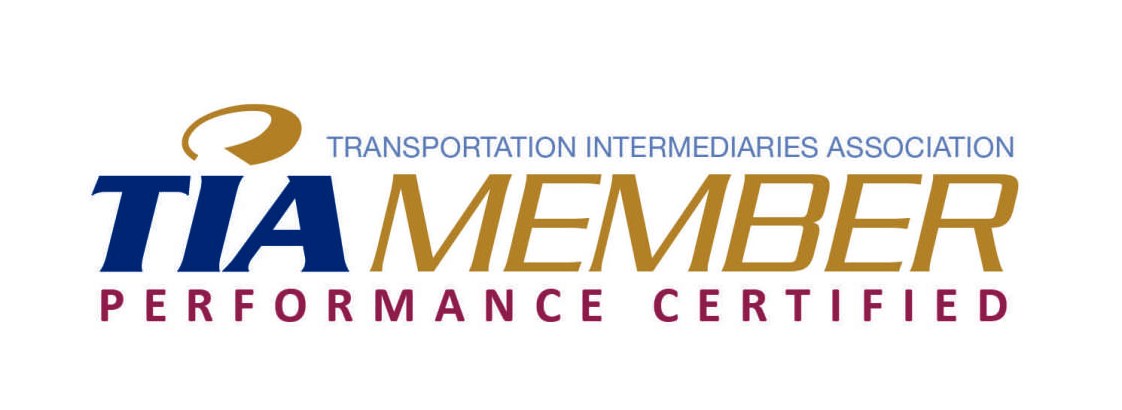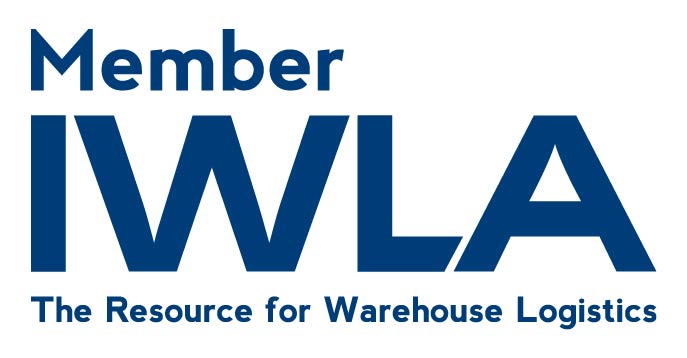What Factors Should You Consider Before Shipping for Your eCommerce Business?

You may find it challenging to find the most appropriate shipping solution for your online business, especially if you are unfamiliar with the primary shipping industry operations. However, you can likely agree that shipping is the most integral part of an eCommerce business towards fulfilling customer requests. Now more than ever before, customers opt to shop online, and online businesses heavily rely on shipping to meet the customers' needs.
Below are some of the key considerations to look into before shipping.
Shipping Costs
When calculating the shipment rates, consider the following factors to save on costs.
Service and Speed
If you pay for the fast delivery of products, you'll incur high shipping costs. But, if you pay lower shipping costs, your products will take longer to arrive. Weigh the pros and cons for expedited shipping to determine how to decided.
These questions can help you get a clear picture of the estimated shipping costs:
- When is the package needed to arrive?
- Do you need tracking?
- Is the recipient's address residential or commercial?
- Do you ship specialized products or hazardous materials?
- Do you need guaranteed delivery or commitment?
- Is any service add-on required?
After analyzing these questions, you will be better placed to calculate your budget.
Packaging
Your product's packaging dimension and weight directly affect the shipping costs. In this case, heavy and large parcels have higher shipping rates, unlike smaller ones.
However, courier services calculate dimensional weight based on the package size rather than weight. In this case, you may incur more charges for large light parcels than for small, heavier parcels. So, go for small boxes where possible while ensuring secure shipment of your products.
Also, you need to make sure that your package is not misclassified during shipping. For example, if you have a small container classified as a heavy parcel, you will incur an extra cost. Therefore, double check your packaging details to ensure you are not overcharged.
Distance
Shipping costs are also affected by the distance between the shipper and recipient addresses. Carrier services base their domestic rates on zones. If you ship internationally, discover some things you should focus on:
- Additional taxes, documentation, and duties. Shipping internationally may result in additional costs, including duties and tariffs, value-added tax, and customs declarations. These costs do not count as carrier fees. Therefore, consider these costs to plan accordingly.
- Confirm product acceptability. Some countries forbid the entry of certain products. Therefore, confirm if the product you are shipping is acceptable in the country you intend to ship. This consideration will enable you to avoid the disappointments of having your products not delivered.
- Shipping policy and pricing. With international shipping, you likely know that the process is more expensive. Therefore, take the appropriate steps to estimate the delivery cost while setting the price for your international customers.
Insurance
You should also consider insurance and damage in shipping packages. Accidents are prone to occur during the shipping process, damaging your package. For this reason, purchase additional insurance if you ship high-value goods.
Automated LTL
Traditional forms of shipping are often time-consuming and hectic. However, with technological advancements, you can now have an automated Less than Truckload (LTL) shipping process.
While shipping is one of the last interactions with your customers, you want to leave an excellent impression to gain customer loyalty. Therefore, ensure you work with the best carrier services to ensure the safe delivery of your products.
JBS Logistics is here to help you in your shipment process by classifying your package to reduce unnecessary costs, controlling the weighing process, and establishing the receiving locations to avoid surprise fees. Feel free to contact us with any of your shipping needs.















